The seven-meter line in handball is more than just a mark on the court—it’s a psychological battleground. When a player steps up to take a penalty shot from this spot, the weight of the moment can be crushing. The outcome often hinges not just on skill, but on mental resilience. The pressure is immense, and how a player handles it can define careers, matches, and even championships.
In the world of handball, few situations are as isolating as the seven-meter throw. The player stands alone, facing the goalkeeper with the eyes of teammates, opponents, and spectators locked onto them. The silence before the shot is deafening, even in a roaring stadium. This moment is a test of nerves as much as it is a test of technique. The best players in the world have all missed seven-meter shots, not because they lacked ability, but because the mind can betray even the most skilled athletes.
The psychology behind the seven-meter throw is complex. Studies have shown that players experience a surge in cortisol levels—the stress hormone—when preparing for a penalty shot. This physiological response can lead to tunnel vision, muscle tension, and impaired decision-making. The fear of failure looms large, and the pressure to deliver for the team can be overwhelming. Some players thrive under these conditions, while others crumble. The difference often lies in mental preparation and the ability to stay present in the moment.
Goalkeepers, too, play a crucial role in amplifying this pressure. Their movements, gestures, and even eye contact can unsettle the shooter. A well-timed step to the side or a confident stare can plant doubt in the shooter’s mind. The mental duel between shooter and goalkeeper is a fascinating subplot of the seven-meter drama. Some goalkeepers specialize in getting inside the heads of their opponents, using psychological tactics to gain an edge.
Preparation is key to handling the pressure. Many top handball players develop pre-shot routines to calm their nerves and focus their minds. Whether it’s a deep breath, a specific dribble pattern, or a mental visualization of success, these rituals provide a sense of control. Coaches also play a vital role by simulating high-pressure scenarios in training, helping players build confidence in their ability to perform when it matters most. The best players don’t avoid pressure—they learn to embrace it.
The stakes of a seven-meter shot are magnified in critical moments of a match. In knockout tournaments or tight league games, a single penalty can be the difference between glory and heartbreak. The memory of past successes or failures can haunt players, either fueling their determination or sowing seeds of doubt. The mental toll of these high-stakes situations is why some players are remembered as clutch performers, while others are labeled as chokers—even if the reality is far more nuanced.
Interestingly, research suggests that overthinking is one of the biggest pitfalls in penalty situations. When players focus too much on technique or the consequences of missing, their natural fluency is disrupted. The most successful shooters often rely on muscle memory and instinct, trusting the hours of practice they’ve put in. This balance between focus and freedom is delicate, and mastering it is what separates the good from the great.
The crowd’s influence cannot be underestimated. A hostile away environment can rattle even the most composed players, while a supportive home crowd can provide an emotional boost. The noise, the chants, and the collective anticipation create an atmosphere that either elevates or suffocates. Some players feed off the energy, using it to sharpen their focus, while others find it distracting. Learning to block out external noise is a skill that takes years to develop.
Ultimately, the seven-meter shot is a microcosm of competitive sports—a blend of skill, nerve, and circumstance. The players who consistently succeed in these moments are those who have not only honed their physical abilities but also cultivated mental toughness. Pressure is inevitable, but how it’s managed determines outcomes. In handball, as in life, the ability to perform under pressure is what separates champions from the rest.

By Elizabeth Taylor/May 9, 2025
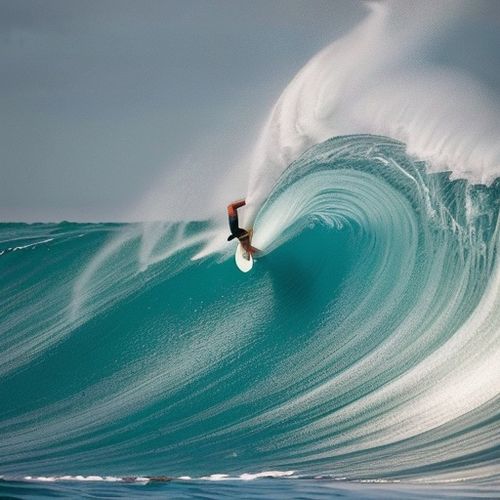
By David Anderson/May 9, 2025

By Amanda Phillips/May 9, 2025

By Victoria Gonzalez/May 9, 2025
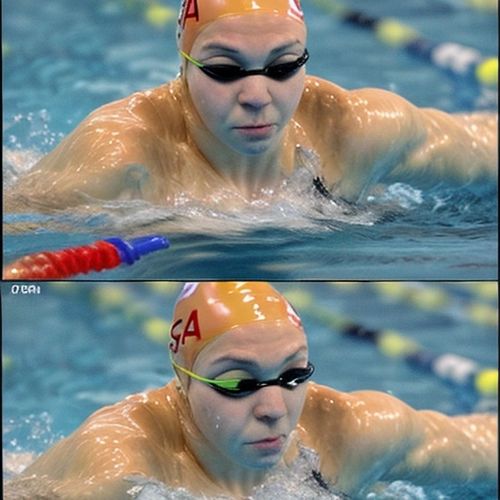
By Rebecca Stewart/May 9, 2025

By Michael Brown/May 9, 2025
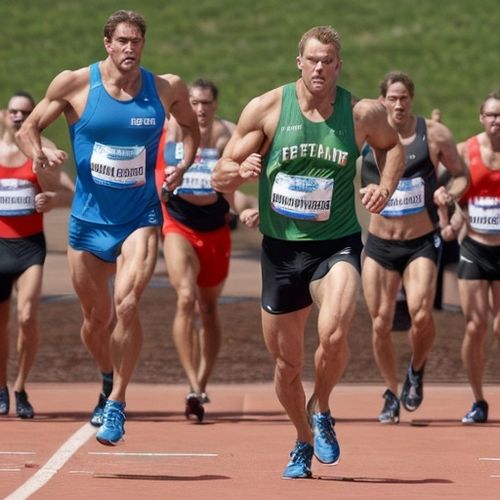
By William Miller/May 9, 2025
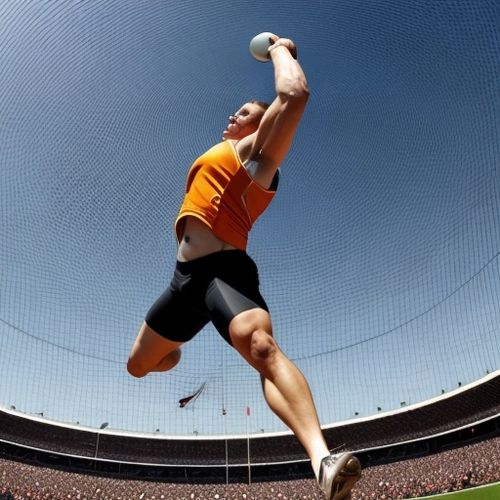
By James Moore/May 9, 2025
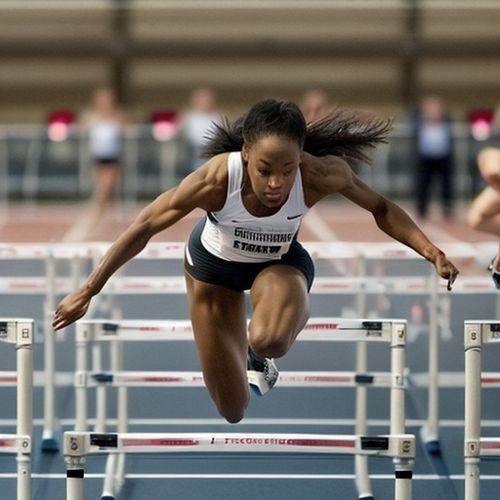
By Christopher Harris/May 9, 2025

By George Bailey/May 9, 2025

By John Smith/May 9, 2025

By John Smith/May 9, 2025
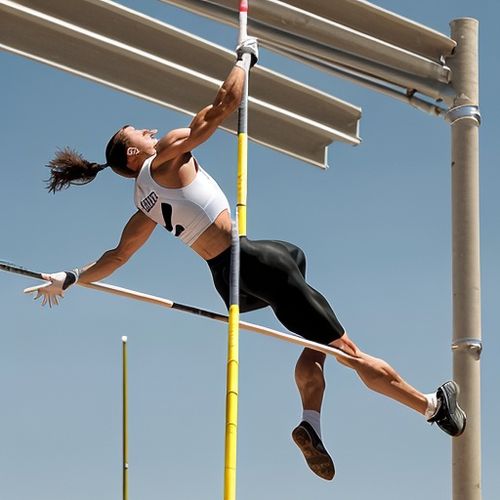
By Samuel Cooper/May 9, 2025
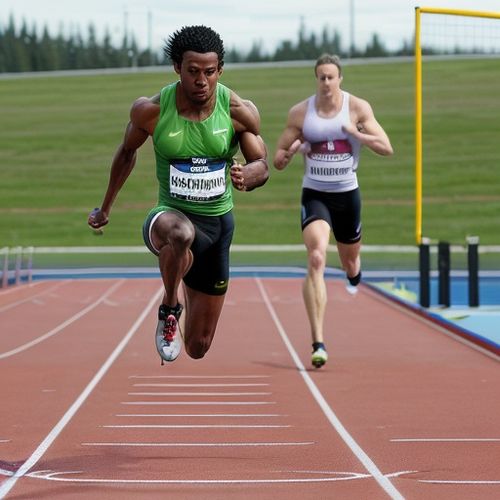
By Christopher Harris/May 9, 2025
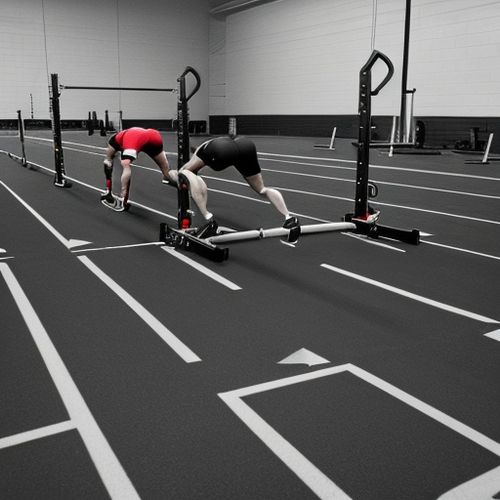
By Megan Clark/May 9, 2025
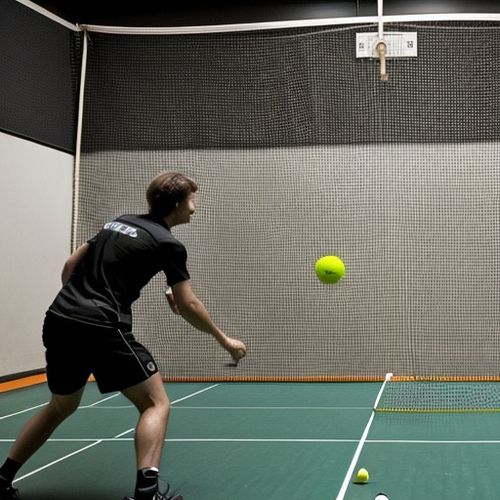
By Victoria Gonzalez/May 9, 2025
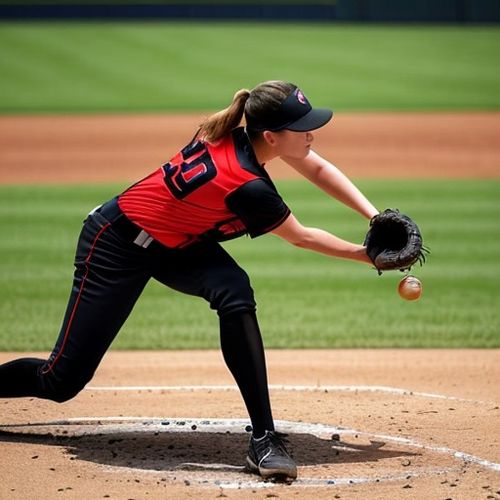
By William Miller/May 9, 2025
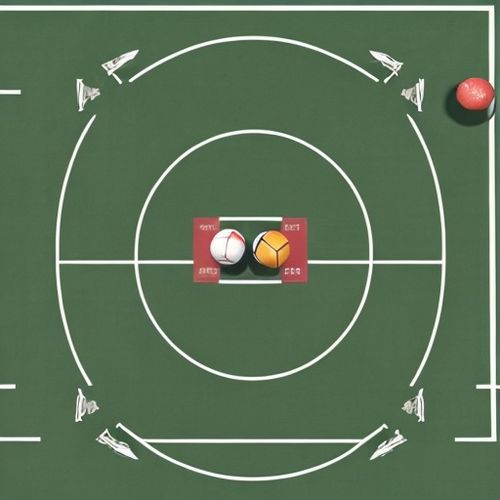
By Natalie Campbell/May 9, 2025
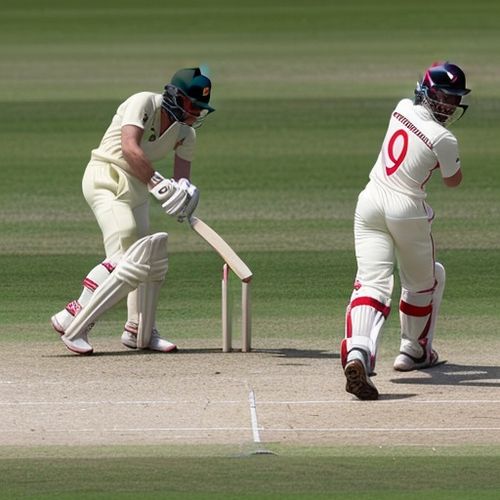
By Megan Clark/May 9, 2025

By Michael Brown/May 9, 2025